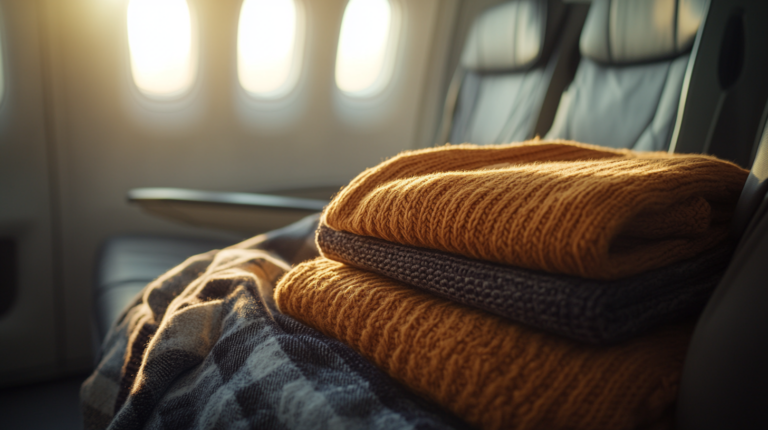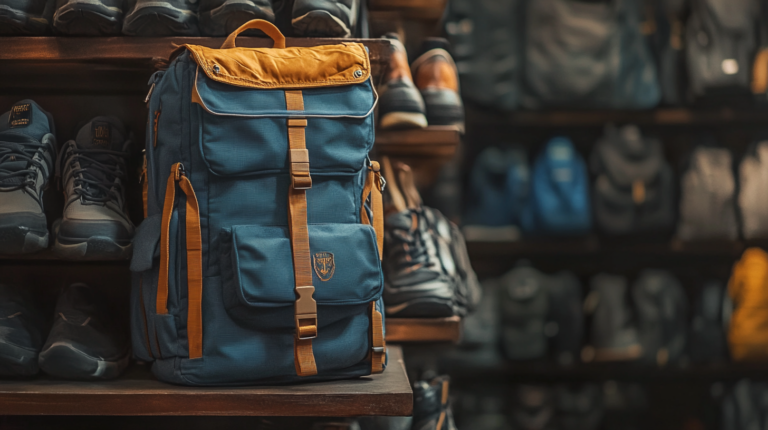How much of business travel is tax deductible (what frequent flyers need to know)
- Quick answer: Ordinary and necessary travel expenses while “away from home” overnight for business are deductible; meals are generally 50% deductible. [1]
- Track what’s business vs. personal, document your tax home, and use the standard mileage rate or actual car costs—W-2 commuters face limits. [2]
- Frequent flyers should log trip purpose, split mixed trips carefully, and claim reimbursements correctly to protect points and refunds.
Quick take: The headline — what qualifies

Expenses that are ordinary and necessary for your trade or business and incurred while traveling away from your tax home are generally deductible under the tax code. Cite: 26 U.S.C. §162(a). [1]
Bottom line: If your trip requires an overnight stay away from your tax home and the costs are directly related to business, the reasonable travel costs are the starting point for deductions. Keep purpose and timing front and center when you book and log trips.
Tax home, ‘away from home,’ and commuting rules
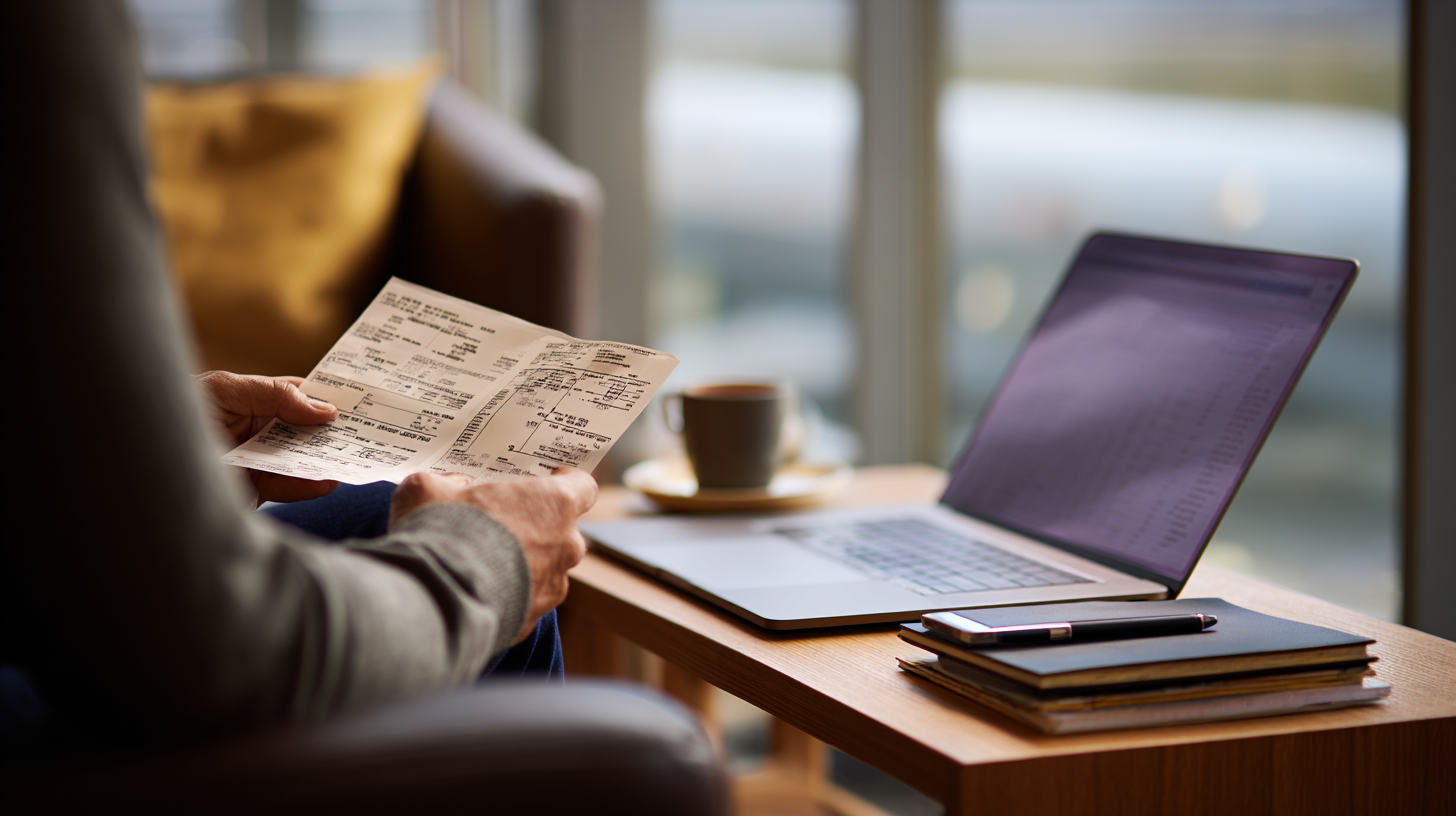
The tax home is where you work or where your main place of business is. For travel deductions, the trip typically must be “away from home” overnight and for business reasons. [1]
Commuting between home and your regular workplace is not deductible. W-2 employees generally cannot deduct commuting mileage due to the suspension of unreimbursed employee expenses under the Tax Cuts and Jobs Act; exceptions include certain charity, medical or military travel. [2]
What this means for travelers: If your frequent trips start from a single tax home, categorize which overnight trips are business-first before you claim anything.
The headline: transportation — flights, taxis, rental cars and mileage
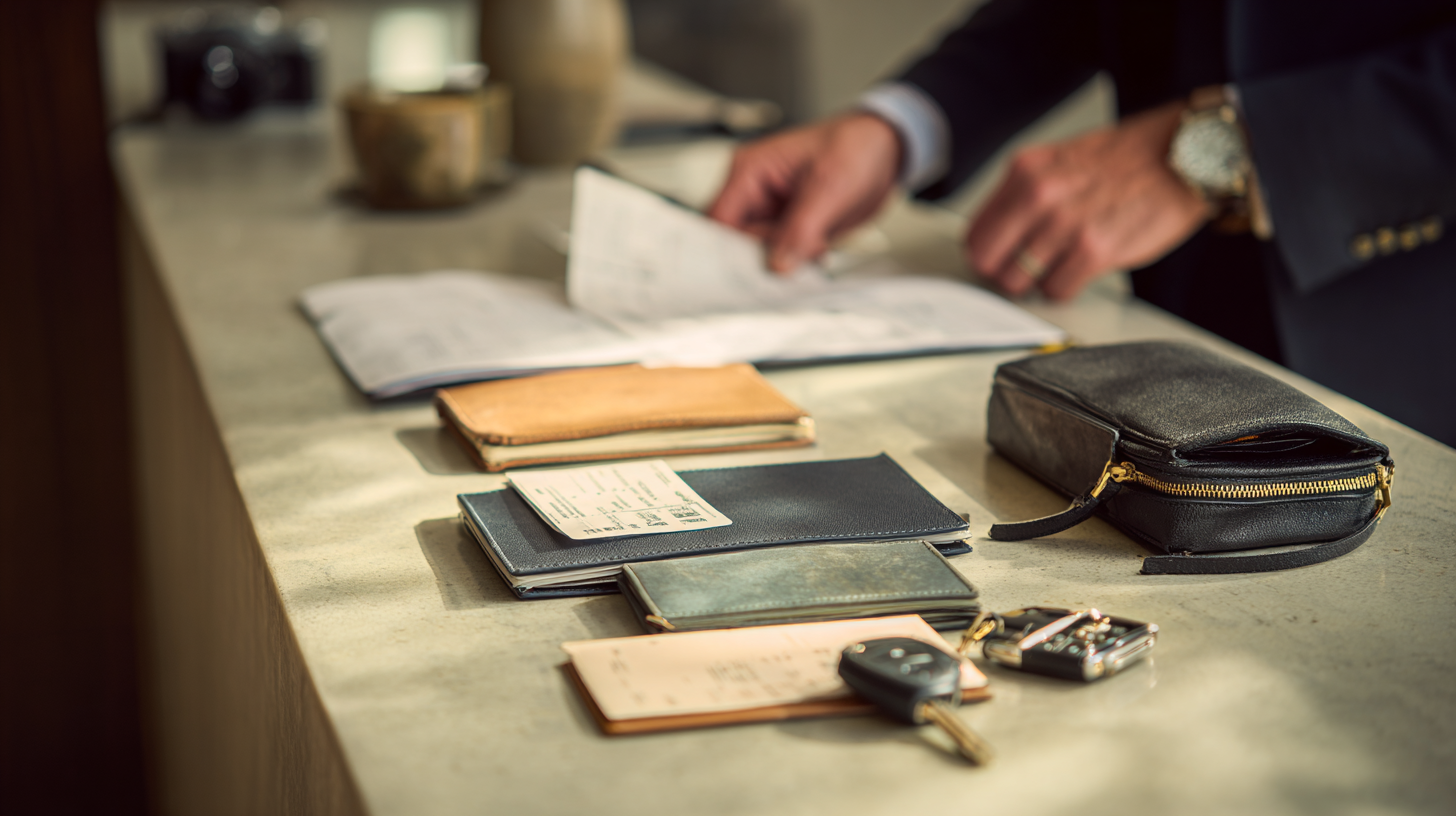
Airfare and ground transport tied to business travel are deductible when the trip qualifies as business travel. If you pay for a ticket or a paid upgrade for a business trip, that cost typically supports a deduction; treat awards and miles carefully in the split-trip rules below.
In 2023, more than 20 million taxpayers claimed a vehicle-related deduction using the standard mileage rate. [2]
What this means for travelers: Keep ticket receipts, itemized receipts for taxis and rentals, and a mileage log if you drive. If you use miles or an award ticket, keep a clear record of any paid fees or taxes tied to the trip.
One-sentence explainer: lodging and meals (the 50% rule)
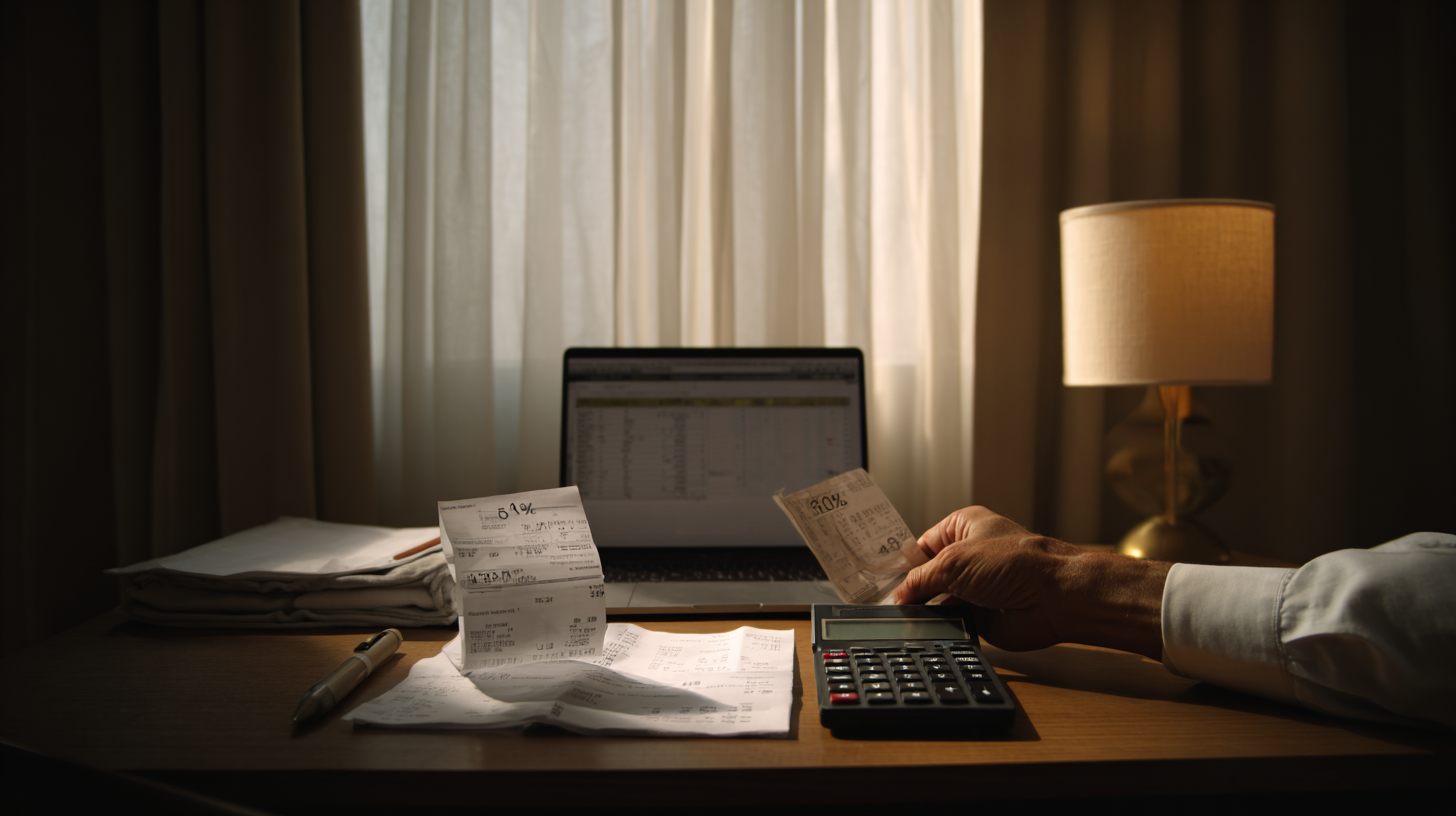
Lodging that is reasonable and necessary for a qualifying overnight business trip is deductible; business meal expenses while traveling are generally 50% deductible. [1]
Document hotel folios, link nights to business purpose in your itinerary, and save itemized meal receipts with notes on who you met and why. Bottom line: don’t assume a full write-off for meals—plan for the 50% rule when budgeting or filing. [1]
Contrast: mixed personal/business trips, award tickets and employer reimbursements
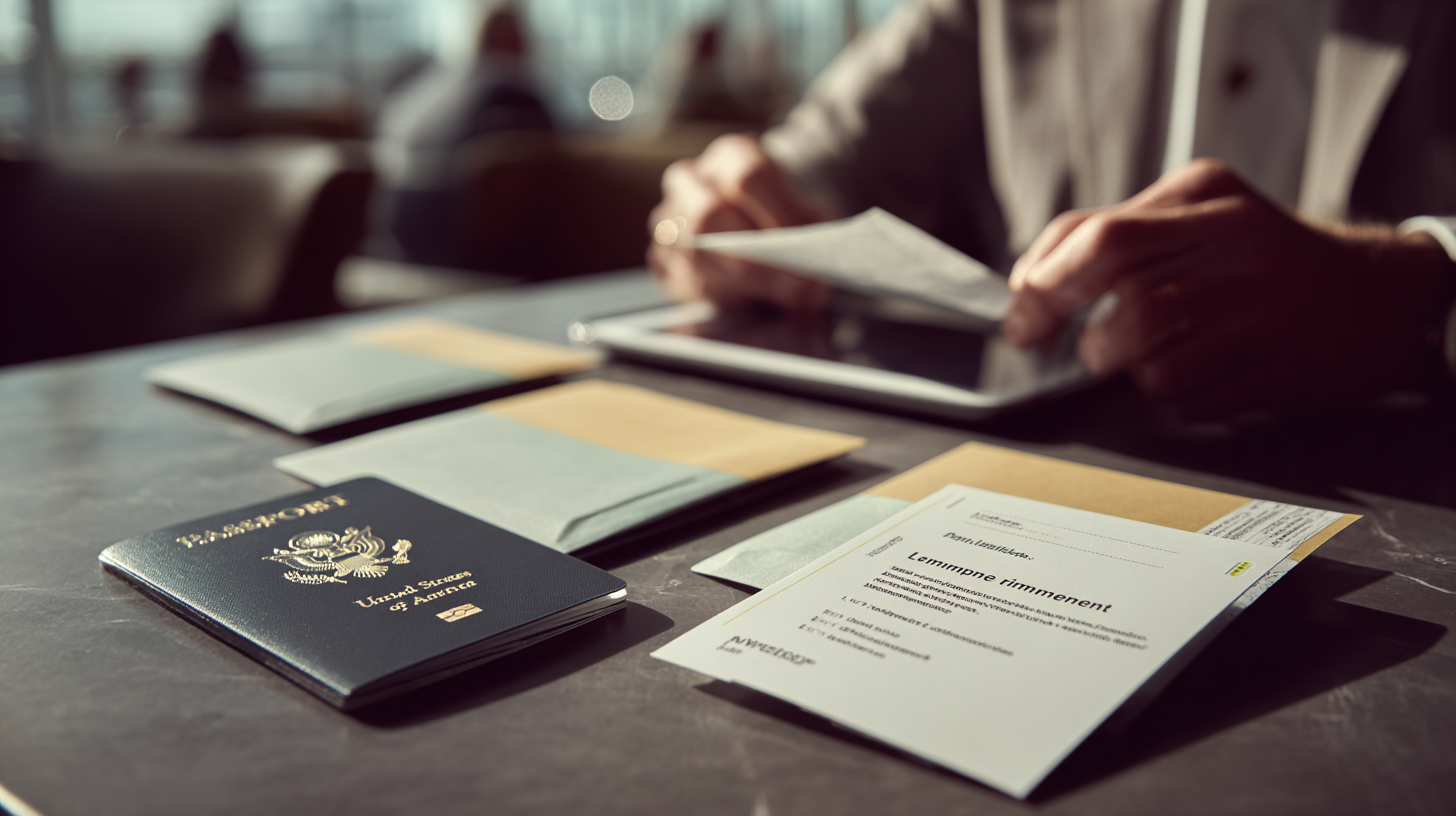
Mixed trips need a split. Expenses directly tied to business days are deductible; personal days or leisure portions are not. If you use an award ticket, the out-of-pocket taxes, fees or paid upgrades tied to business travel may be deductible, while the award itself generally isn’t a deductible expense because no cash changed hands.
If your employer reimburses you, the reimbursement method matters. An accountable plan requires business purpose and returning any excess. That keeps reimbursements non-taxable and limits deductions to valid unreimbursed items only when rules allow. What this means for travelers: keep booking records and employer reimbursement policies aligned and documented so you don’t lose deductions or points value.
What this means for you: recordkeeping and common mistakes

Practical rules: keep itineraries that show purpose and timing, save receipts and folios, log mileage in a consistent format, and note who you met and why for meals. Use a corporate card or a dedicated business account where possible to keep personal and business charges separate.
Many small-business owners miss eligible write-offs; roughly 90% overpay on taxes by missing deductions, so organized records can recover value. [3] For broader context, comprehensive guides list many deductible categories to consider. [3]
Bottom line: quick steps for frequent flyers
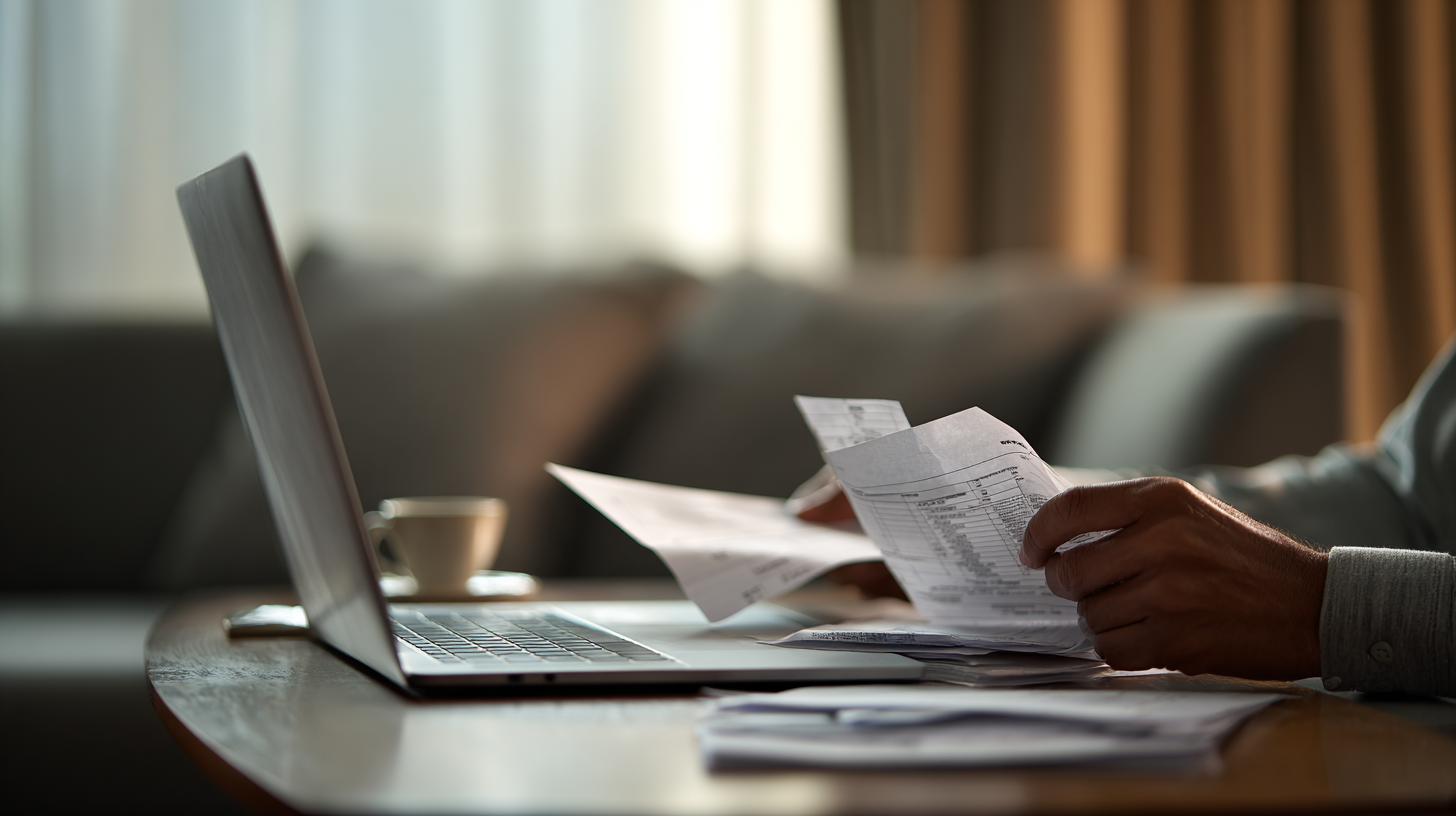
- Document trip purpose at booking and save itinerary notes.
- Claim vehicle costs by valid mileage logs or actual expenses; keep rental and taxi receipts.
- Save hotel folios and meal receipts; remember the fifty percent rule for meals. [1]
- Split mixed trips and document employer reimbursements to protect deductions and points.
Key Takeaways
- Deductible travel is tied to being away from your tax home for business and to expenses that are ordinary and necessary. [1]
- Meals while traveling are generally fifty percent deductible. [1]
- Use clear records and employer-accountable plans to avoid losing deductions or points value. [3]
FAQ
Can I deduct a flight I bought with points or an award ticket?
Generally, the award ticket itself isn’t a deductible expense because you didn’t pay cash for the seat. However, any fees, taxes, or paid upgrades tied to the business portion of the trip can support a deduction if the trip qualifies as business travel and you document the business purpose. When in doubt, track paid charges separately from award redemptions and discuss specifics with a tax advisor.
Are business meals fully deductible now or still 50%?
Business meal expenses incurred while traveling for business are generally fifty percent deductible. [1] Keep itemized receipts and a brief note on who was present and the business purpose. Some limited, documented exceptions exist, but frequent flyers should plan for the fifty percent rule when estimating tax impact and expense reports. [1]
How do I treat a trip that’s partly business and partly personal?
Allocate expenses to the business portion only. Deduct costs tied directly to business days—airfare allocation can get complex if personal days extend a trip, so document timing and purpose clearly. Employer reimbursements and per diems change the picture. Use precise records to split charges, preserve points where possible, and consult a tax pro for high-value or unusual cases.
References
- How to Deduct Your Meal Expenses for Business Travel in 2025 — Nolo. https://www.nolo.com/legal-encyclopedia/deducting-meal-expenses-business-travel.html
- IRS Standard Mileage Rate: 2024 and 2025 | GOBankingRates. https://www.gobankingrates.com/taxes/deductions/standard-milage-rate/
- 410+ Tax Deductible Business Expenses (w/ Examples)+ FAQs — TaxShark. https://taxsharkinc.com/410-tax-deductible-business-expenses-w-examples/
For more tax-savvy travel tips and points-smart strategies, visit milesBUZZ.


